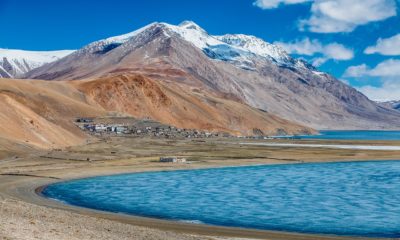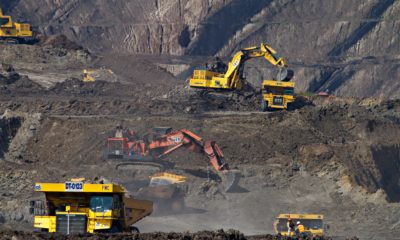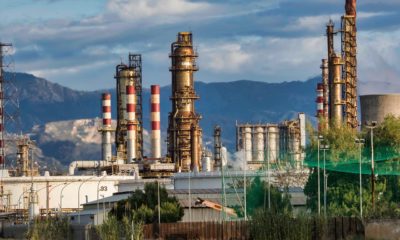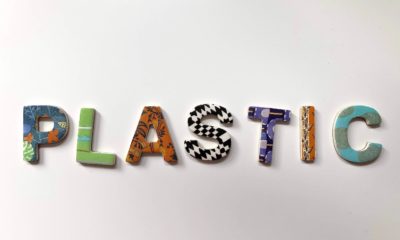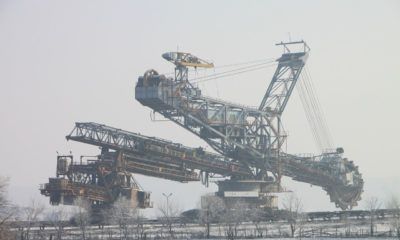Mining & Energy
Glencore aims to reduce emissions by 40%
Two years ago, the raw materials giant was cast in a bad light when locals in Peru were evicted from their land for the expansion of the Espinar copper mine near Cusco. In 2011, the development service Bread for All criticized Glencore’s methods in Congo as overexploitation and exploitation of the miners. The coal company now wants to reduce CO2 emissions by 40%, by 2035.
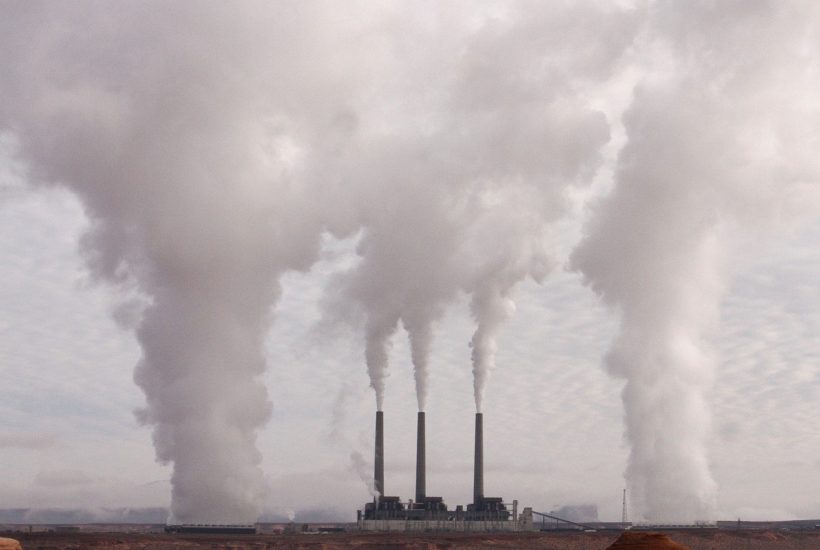
According to a media release quoted in the Swiss Handelszeitung, the raw materials group, Glencore is committed to a 40 percent reduction in carbon dioxide emissions by 2035 compared to 2019. “We are steering a course that is in line with the Paris Climate Agreement,” said group CEO Ivan Glasenberg in a web conference on December 4th, 2020. At the same time, he announced that in six months’ time he would hand over his post to the head of coal production, Gary Nagle, currently head of Glencore’s coal mines in Australia.
Read more details about the company Glencore and its plans to reduce emissions by 40%, and find the latest mining news with the Mining News app.
Glencore – a problematic story
Glencore (Global Energy Commodity and Resources) is one of the world’s leading commodity companies. Its business activities include the production, processing and trading of aluminum, alumina, bauxite, ferrous alloys, nickel, zinc, copper, lead, coal and oil, as well as agricultural products (grain and rice, oilseeds, edible vegetable oils, sugar, biodiesel, etc.). The Swiss conglomerate has often made the headlines in bad taste (see wikipedia.org/wiki/Glencore) – for human rights violations, environmental pollution, accusations of tax manipulation and corruption.
Two years ago, the raw materials giant was cast in a bad light when locals in Peru were evicted from their land for the expansion of the Espinar copper mine near Cusco. In 2011, the development service Bread for All criticized Glencore’s methods in Congo as overexploitation and exploitation of the miners. The non-governmental organization Berne Declaration accused the company of manipulating its accounts by increasing its reported operating costs and unrealistically low raw material prices in order to avoid paying taxes in developing countries (such as Zambia).
Several complaints were filed against the company Glencore
Glencore again came into bad light two years ago when Peruvian natives were forcibly evicted from their land for copper mining. In November 2017 Glencore appeared in Paradise Papers for alleged money laundering and corruption. Further, research by Public Eye and Global Witness in 2014 revealed Glencore’s involvement in the Petrobras scandal. Glencore also faced corruption allegations in Iraq and Congo.
In December 2017, the Swiss NGO Public Eye filed a criminal complaint with the Office of the Attorney General of Switzerland regarding Glencore’s activities in the Democratic Republic of Congo (granting of licenses for copper and cobalt mines). In 2013, according to a monitor report, extremely high levels of air pollutants (in some cases 72 times higher than the Zambian limits) occurred at the Mopani copper mine in Zambia, resulting in death for local residents
A new plant has reduced sulfur dioxide emissions by 95% from the 3rd quarter of 2014 onwards. It was not until 2020 that the Zambian Supreme Court ruled that Glencore must compensate the family of a waste gas victim. In 2019 the British Serious Fraud Office investigated Glencore on suspicion of corruption in the Congo. Whether the coal company stands for zero CO2 by 2050 is currently open.
__
(Featured image by Pixource via Pixabay)
DISCLAIMER: This article was written by a third party contributor and does not reflect the opinion of Born2Invest, its management, staff or its associates. Please review our disclaimer for more information.
This article may include forward-looking statements. These forward-looking statements generally are identified by the words “believe,” “project,” “estimate,” “become,” “plan,” “will,” and similar expressions. These forward-looking statements involve known and unknown risks as well as uncertainties, including those discussed in the following cautionary statements and elsewhere in this article and on this site. Although the Company may believe that its expectations are based on reasonable assumptions, the actual results that the Company may achieve may differ materially from any forward-looking statements, which reflect the opinions of the management of the Company only as of the date hereof. Additionally, please make sure to read these important disclosures.
First published in SOLARIFY, a third-party contributor translated and adapted the article from the original. In case of discrepancy, the original will prevail.
Although we made reasonable efforts to provide accurate translations, some parts may be incorrect. Born2Invest assumes no responsibility for errors, omissions or ambiguities in the translations provided on this website. Any person or entity relying on translated content does so at their own risk. Born2Invest is not responsible for losses caused by such reliance on the accuracy or reliability of translated information. If you wish to report an error or inaccuracy in the translation, we encourage you to contact us.

-

 Cannabis1 week ago
Cannabis1 week agoScientifically Verified F1 Hybrids Set New Benchmark for Indoor Cannabis Yield and Consistency
-

 Fintech4 days ago
Fintech4 days agoImpacta VC Backs Quipu to Expand AI-Driven Credit Access in Latin America
-
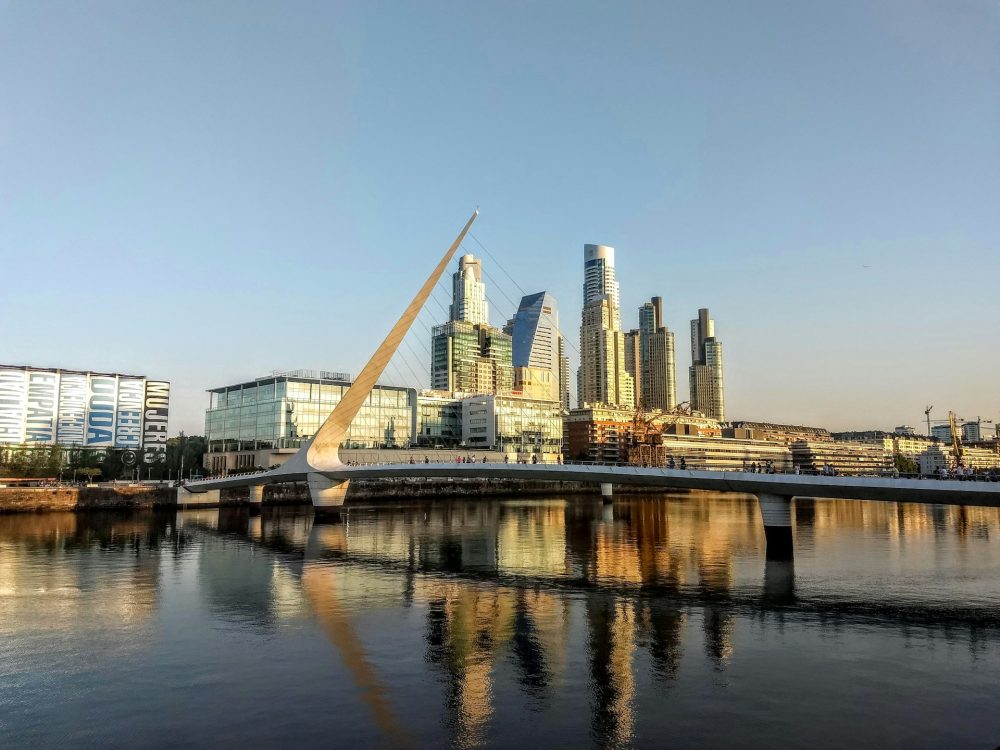
 Fintech2 weeks ago
Fintech2 weeks agoNubank Launches in Argentina With $474M Bet to Shake Up the Fintech Market
-

 Impact Investing1 day ago
Impact Investing1 day agoClimate Losses Drive New Risk Training in Agriculture Led by Cineas and Asnacodi Italia
